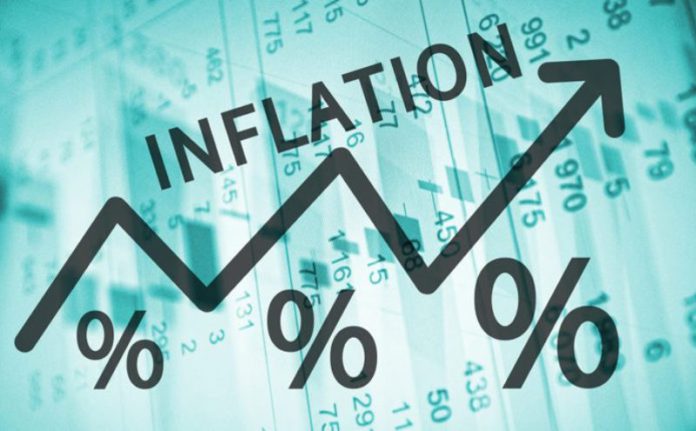Inflation is expected to fall to 21% level in May 2024 and end the year around 17%.
According to GCB Capital, this is due to base effects.
However, it expressed concern about the anticipated pass-through of the current spate of cedi depreciation and its lagged impact, adding, “The second-round effects remain an upside risk to the near-term outlook”.
“We have also seen the multiple upward adjustments in ex-pump petroleum prices, which result in transport fare hikes, and its full pass-through to general prices is yet to come. With the quarterly utility tariff adjustment still to come amidst the general macroeconomic uncertainties, the risk of near-term inflation is quite pronounced, requiring a continuously tight monetary policy stance to anchor inflation expectations and the disinflation process”.
Inflation tumbled in April 2024 to 25.0% from 25.8% in March 2024.
In response, the Monetary Policy Committee (MPC) maintained an appropriately tight monetary policy stance amidst the emerging upside risks to inflation from currency pressures, recent transport fare hikes, and their potential lagged impact on inflation.
The Committee indicated that its latest forecasts show a slightly elevated inflation profile, attributed to the recent spate of cedi depreciation and transport fare hikes.
However, it expects the disinflation process to continue broadly, projecting headline inflation to end in 2024 within the monetary policy consultative clause of 13% to 17%, which is contingent on sustaining the tight monetary policy stance, including aggressive liquidity management operations.
GCB Capital concluded that “The decision is consistent with our expectations and the consensus market view as the upside risks to inflation are evident”.
READ ALSO:

